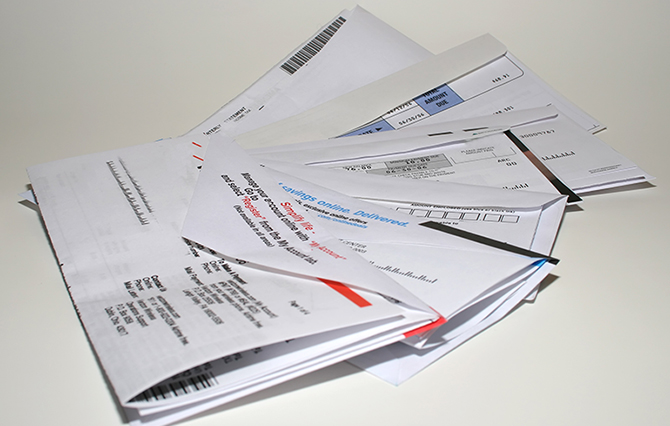
Ignoring your EOBs? Here’s what you should be looking for (and it only takes 30 seconds)
If you’ve used health care services, chances are you received an Explanation of Benefits (EOB) afterwards, either in the mail or online. They are receipts that show what health care services you used, when you received them, how much you were billed, how much the insurance carrier intends to pay, and how much you might owe to each provider. They aren’t fancy or eye catching. But they are important, and helpful if you know what to do with them.
Insurers send EOBs for good reasons. Why? Think about it … it’s an accounting statement for them, but for you, it’s a chance to make sure everything is being processed correctly. Instead of tossing them to the side, take 30 seconds to look for these two things:
Are there any incorrect or unfamiliar charges?
EOBs help you verify that you’re paying for the services you actually received. If you’re a careful buyer, you’ll look over the receipt to make sure you understand what the charges are for, and to make sure that you’re being billed correctly.
If you see a charge for a service on your EOB that you don’t understand, didn’t receive, or thought would be free, then you can call your insurance carrier and see if there was a mistake. If so, you might save yourself some cash.
Where are you with your annual deductibles and out-of-pocket limit?
As you go through the year, with doctor bills and prescriptions flying by, your EOBs can help you keep track of where you stand on deductibles and out-of-pocket limits.
Knowing this information can help you plan for upcoming health care during the year. For example, you could see whether it would be better for you, financially, to have an elective surgery this year or to wait until next year.
Keep your EOBs for three years
Another reason to show some love to EOBs: If the Internal Revenue Service (IRS) audits you, your EOBs provide proof. Although unlikely, there are instances where the IRS might want to question your medical spending. One would be if you deduct your medical expenses on your itemized income tax return.[1]
To cover your bases, it’s a good idea to save your EOBs for at least three years.[2] Be aware though, most medical carriers only keep EOBs online for 18 months to two years (available to you even if you switch carriers), so hold on to the copies mailed to you or download them to somewhere safe.
They may not look like much, but EOBs are looking out for you, and worth a few seconds of your time to review and save.
© 2026 Aon plc. All rights reserved.